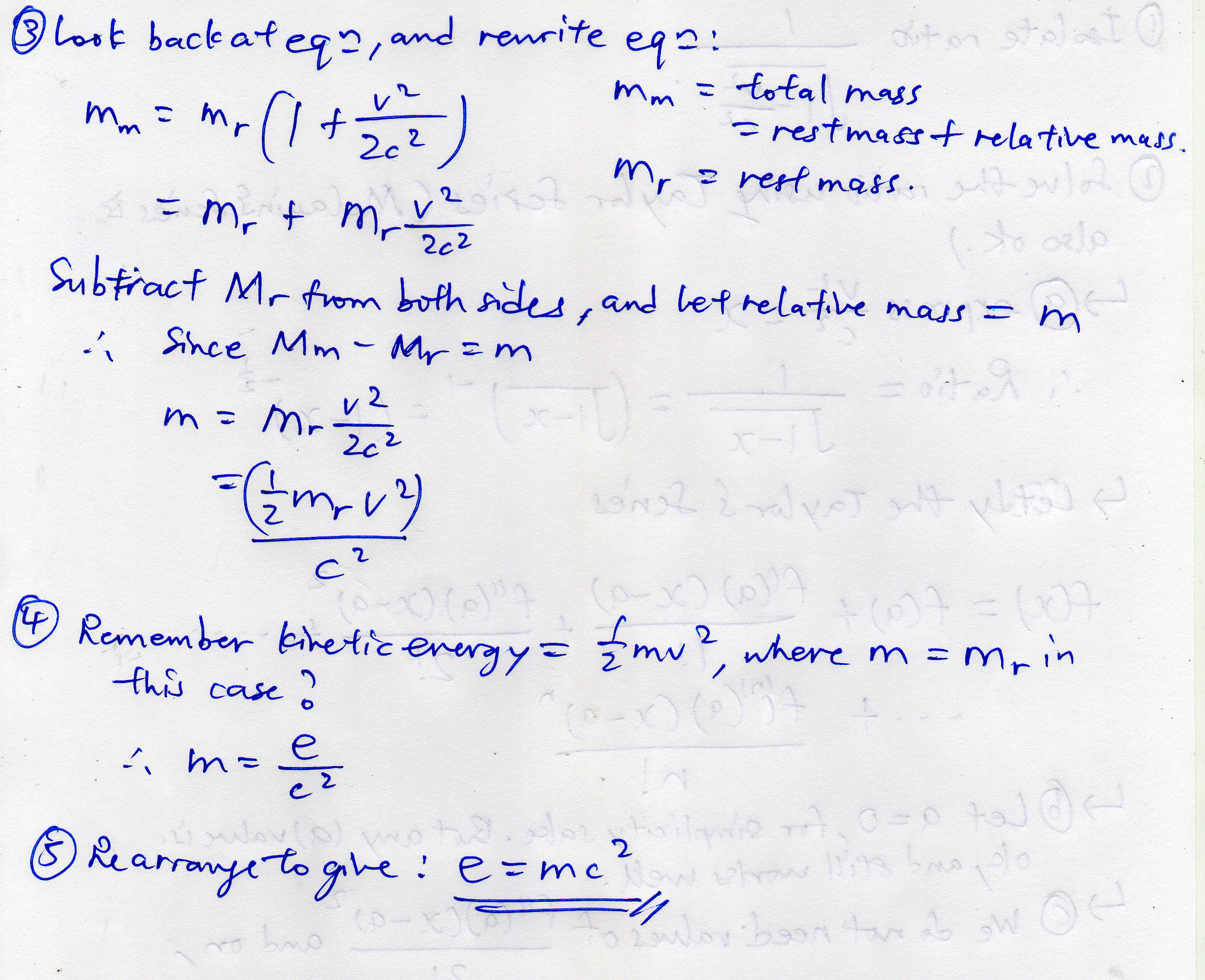m20gull
Well-known member
Mine too given the volume of experiments that have backed up the theory of relativity.My money is still on this experiment being proved wrong when it is repeated independently. But I guess we'll have to wait for that...
Mine too given the volume of experiments that have backed up the theory of relativity.My money is still on this experiment being proved wrong when it is repeated independently. But I guess we'll have to wait for that...
My money is still on this experiment being proved wrong when it is repeated independently. But I guess we'll have to wait for that...
my money is on new scientific discoveries to flow from new knowledge. remember, once upon a time the world flew through a universal aether, but when they carried out experiment to prove this, it was found to be false. related science from before that discovery wasn't discarded, amended instead, with relativly and quantum theory coming forward to explain the new understanding.
http://www.bbc.co.uk/news/science-environment-15791236
So they've done it again. I might as well ignore my Physics A-Level, I wonder how many other LIES they taught me.
It has been submitted to the Journal of High Energy Physics, but has not yet been reviewed by the scientific community.
The scientists who appeared to have found in September that certain subatomic particles can travel faster than light have ruled out one potential source of error in their measurements after completing a second, fine-tuned version of their experiment.
http://www.bbc.co.uk/news/science-environment-15791236
So they've done it again. I might as well ignore my Physics A-Level, I wonder how many other LIES they taught me.
That is still the one bit I really can't get my head round. The neutrinos are emitted, then they're received. If they're still being received after they've been emitted then what's the problem? I don't see how that destroys the law of Cause and Effect and proves that I'm my grandfather's grandfather or whatever.I'm not sure how it unravels the theory of relativity. Surely it just means that the maximum speed is simply slightly higher than the speed of light, and that time stops at that new maximum speed as opposed to the slilghtly slower speed of light?
I'm not sure how it unravels the theory of relativity. Surely it just means that the maximum speed is simply slightly higher than the speed of light, and that time stops at that new maximum speed as opposed to the slilghtly slower speed of light?
I understand what you're saying (no I do, really), but surely the differences here aren't sufficient to throw off yer bog-standard £100 satnav system? In much the same way as wind-up clocks work perfectly well in daily use and also the way that Newtonian science explained the basics of gravity and planetary orbits?The problem being that lots of our current understanding of physics is based upon the speed of light being the upper limit, and this understanding works, in that the adjustments that we make based upon this understanding give us correct results.
Sorry for being slightly O/T, but I heard this great talk in the Guardian Science podcasts over the last few weeks which explains the implications of some of this higher level physics. He was talking about the everyday application of the general and special laws of relativity in GPS tracking. (Very) Basically, GPS relies upon measuring the time that it takes a signal to bounce between a satellite and and a reciever - but time travels slower on the satellites because they are travelling around the earth at 7,000km an hour. At the same time, the curvature of space around the earth means that time is a little faster on the surface than in orbit; basically these two forces oppose each other (but not exactly). GPS calculations have to take account of these two separate movements, or else it would quickly become completely inaccurate. If our understanding of (the specific nature of) relativity isn't correct, then there's no way that we'd make the right adjustments, and GPS would be completely useless. I would imagine that a similar thing is true with regards to the speed of light - either our understanding of the magnitude (if not the reasoning) is correct, or we've been ridiculously lucky to have just happened to have reached a correct estimate of the effects based on a completely wrong methodology.
I'm not sure how it unravels the theory of relativity. Surely it just means that the maximum speed is simply slightly higher than the speed of light, and that time stops at that new maximum speed as opposed to the slilghtly slower speed of light?

